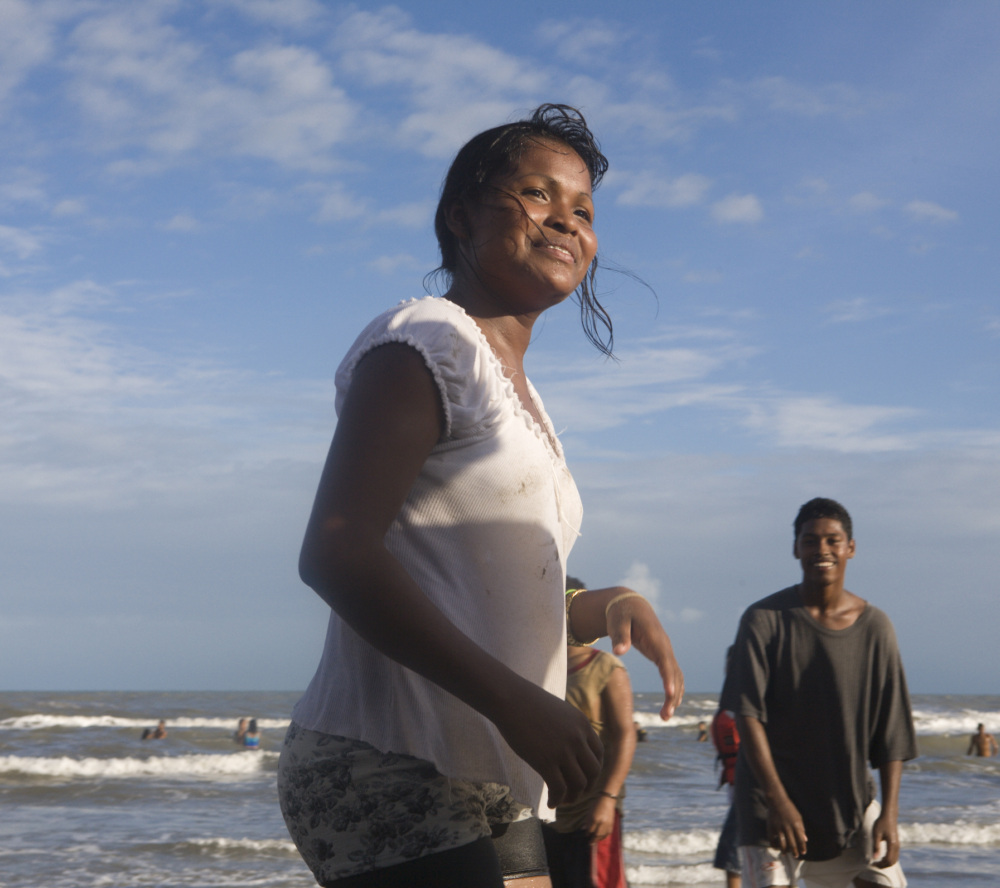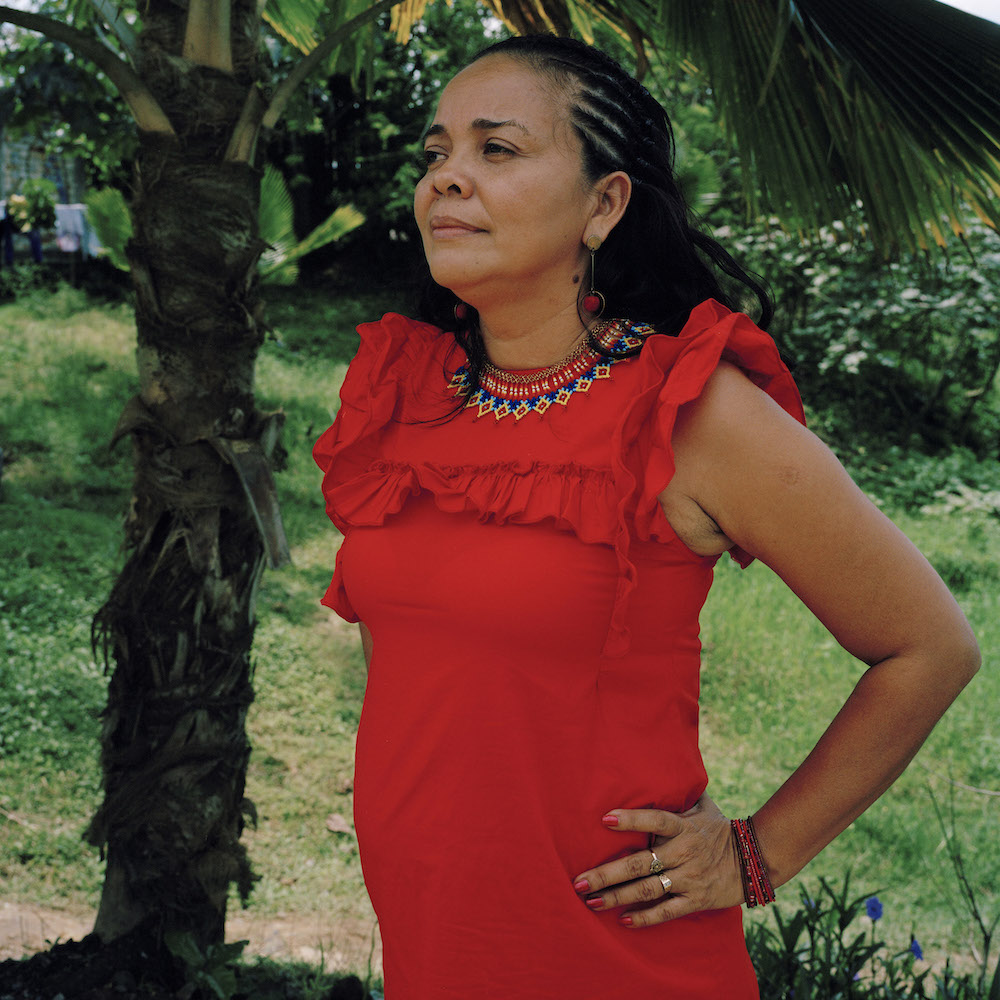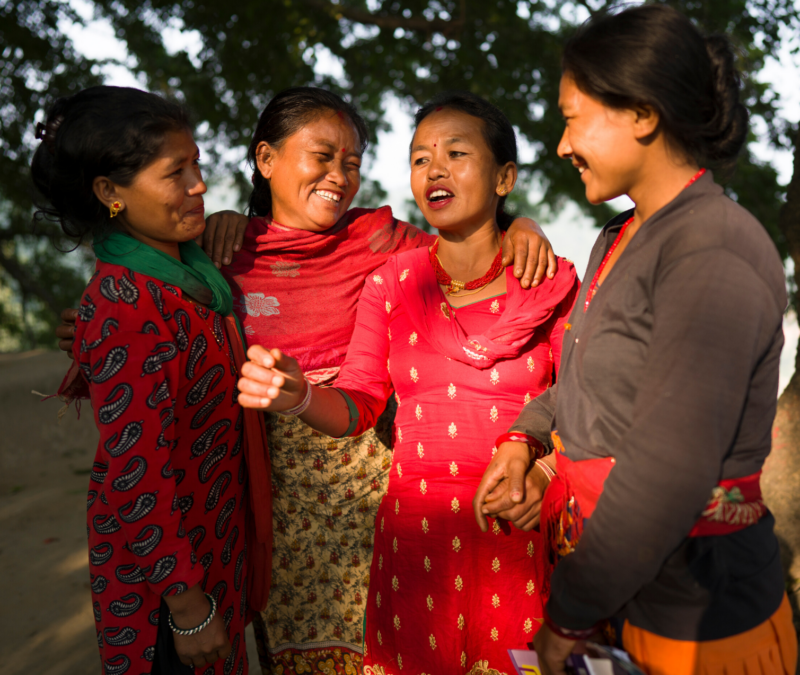ENDING GENDER VIOLENCE
Women, girls, and LGBTQIA+ people of all genders are targeted for violence worldwide.

Women, girls, and LGBTQIA+ people of all genders are targeted for violence worldwide.
Gender violence devastates those who are targeted and destroys the social fabric of families, communities, and societies. It can traumatize people for life and intimidate advocates into silence.
It is the biggest threat to women’s health worldwide and one of the most significant barriers to women, girls, and LGBTQIA+ people’s human rights. Though entrenched in many societies, gender violence can be eradicated.
MADRE resources local women, girl, and LGBTQIA+ leaders. We fund their work to provide immediate protection and care, and shifting mindsets around gender violence.
MADRE provides our partners with training, tools, and infrastructure to mobilize locally and join with others globally to end gender violence.
We support our partners to document gender violence, and work with decision makers to change laws and policies.
Wangki Tangni is a community development organization run by and for Indigenous people in Nicaragua. Together with MADRE, Wangki Tangni demands every woman’s right to a life free of violence. They provide a community of support for survivors of violence by offering emergency care and counseling. Women also learn how to gather evidence and testimonies to prosecute perpetrators.
VIEW MORE PARTNERSOur partners' work has transformed harmful social norms, attitudes, and cultural practices, and fostered a feminist society
An increased recognition of women's solutions to end gender violence and understanding that gender violence can be prevented
Our partners have access to policy spaces from the local to the global level and leverage with decision-makers to change policies
Violence, stigma, and discrimination are reduced
YOUR SUPPORT IN ACTION
MADRE worked with Proceso de Comunidades Negras (PCN), a collective of over 120 different Afro-descendant, organizations, community councils and activists, to co-develop and conduct media and outreach campaigns to Afro-Colombian communities on freedom from domestic violence. We resourced PCN’s emergency radio broadcasts of these messages as well as remote psychosocial counseling.
SUPPORT OUR WORKJoin a global movement of grassroots action
Connect with MADRE for news, events, and opportunities to build racial, gender, and climate justice with our grassroots partners all over the world.


